PRESIDENT Emmerson Mnangagwa on Monday released a list of business entities and individuals alleged to have "externalised funds" and may have inadvertently given the foreigners on that list a plausible defence on why they took out money from the country.
Most of these firms and individuals are importers, investors who came into the country over the years to do business.
In that regard, foreign investors can argue that they were merely either repatriating profits from their local investments or facing challenges bringing back raw materials and capital equipment that would have been purchased outside the country.
This is buttressed by the fact that between 2009 and early 2015, the country had a liberalised monetary system on the back of using a multi-currency system, during which most of the funds were taken out.
A total of $826 503 404 of the externalised funds is still believed to be outside the country.
Labour and Economic Development Research Institute of Zimbabwe director Godfrey Kanyenze said considering the difficulties in getting funds locally, investors would likely opt for doing their deals outside the country.
"If you are in environment like Zimbabwe whereby the government just goes to your account and take your money, I will deposit my money outside the country. It is normal and rational behaviour, it is not irrational. That is why I have a whole list of problems with the concept of externalisation which they (government and central bank) are using because it was their policies that led people to say what why should I keep my money in Zimbabwe?" Kanyenze said.
"It is perfectly natural because it is my money. In a liberal environment, if you look globally, they have liberalised current accounts and also to some extent capital accounts, so what we are doing is outlining trends that are typical elsewhere."
He said foreign companies listed as looters — among them diamond mining companies — were externalising funds with links to the security officials, which in a sense gave some form of legitimacy to them.
Kanyenze added that in so doing, it created a paradox in what could be defined as externalising funds, a fact that the said companies could use against government.
"Investors are just going to wait for elections now. They want to see what is going to happen. For them, the big issue is not this list and so forth, this is in the past," he said.
Central bank governor John Mangudya said that the stipulation for the list of looters is based on three categories, namely assets outside the country purchased with Zimbabwean funds, imports purchased without them coming back into the country and money transferred to outside bank accounts.
But, considering how investors have long been sceptical about investing in the country, considering some of the laws in place such as the Indigenisation Act were not conducive for investment, it is not hard to see why all these activities happened.
The liberalised monetary system adopted in 2009 also made investors opt to take out their funds and conduct their business outside the country, with no fear of having their funds touched.
Evidence to this is the home countries of the banks, where funds were expatriated to listed on the list of looters, that include, China, Botswana, South Africa, United Kingdom, Portugal and Mozambique, nations that Zimbabwe has investment dealings with.
Now that Mnangagwa is saying "Zimbabwe is open for business" by listing the names of these foreign investors, this could possibly chase away any future investment, for fear of threats to their potential gains.
Of course, some did illicitly take the cash out, but experts say the problem is that the list of looters mainly cited importers who could have genuine explanations.
The majority of all the foreign investors were Chinese firms and individuals.
Government consultant and economist Ashok Chakravarti said it was important to remember that a lot of these foreign investors had significant investments in the country.
"Do not forget there is a lot of Chinese investment in Zimbabwe, so given that there is a lot Chinese investment and activity, it is not really surprising that obviously, there will be many business people that are mentioned," he said.
"But, on the question on a lot firms which have remitted funds, but have not received goods I think that is more of a procedural thing that those all those parties should be able to resolve the paperwork with the Reserve Bank because that is a straightforward issue. If I have made a payment for some goods and the goods have not come back into the country I have to tell my suppliers ‘look here, why are you delaying' so that I can be acquitted."
He added that in that regard the central bank should go to these foreign investors and importers, let them know that they have this information and explain their position that they want to recover resources.
"I think what is important is follow up," Chakravarti said.
Experts say on the flipside, releasing this list bolsters investor confidence in that government was committed to good corporate governance.
- newsday
 Mnangagwa in Eswatini
Mnangagwa in Eswatini  South Africa is in serious trouble
South Africa is in serious trouble  US halts visa services for Zimbabwean nationals
US halts visa services for Zimbabwean nationals  ZSE and VFEX recover after weak 1st half
ZSE and VFEX recover after weak 1st half  Gold edges up as traders await guidance
Gold edges up as traders await guidance  Zimbabwe Agricultural Show 2025 kicks off
Zimbabwe Agricultural Show 2025 kicks off  Young Investment Professional (YIP) Graduate Programme 2019
Young Investment Professional (YIP) Graduate Programme 2019 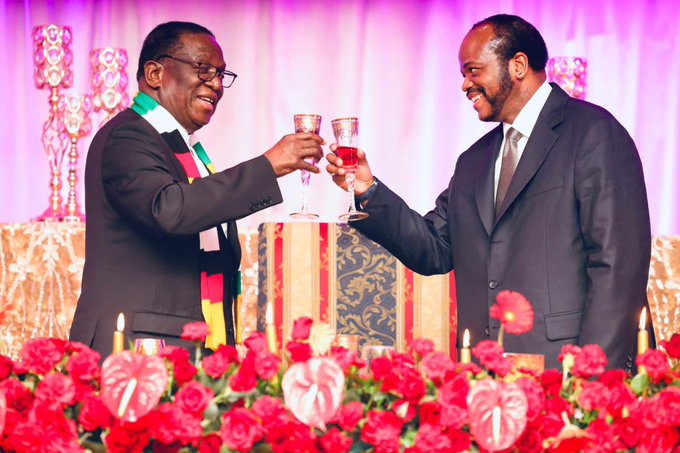
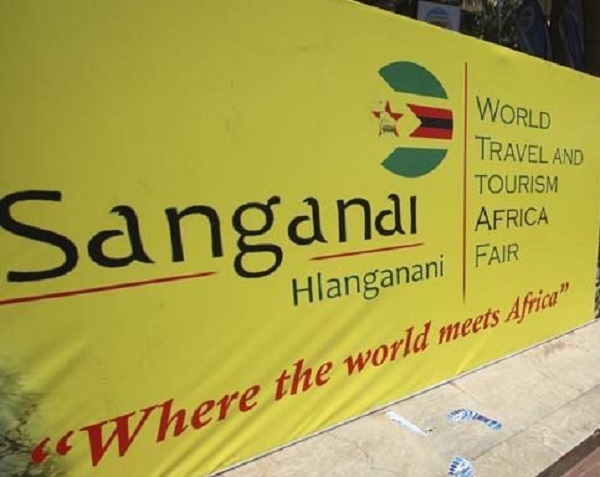
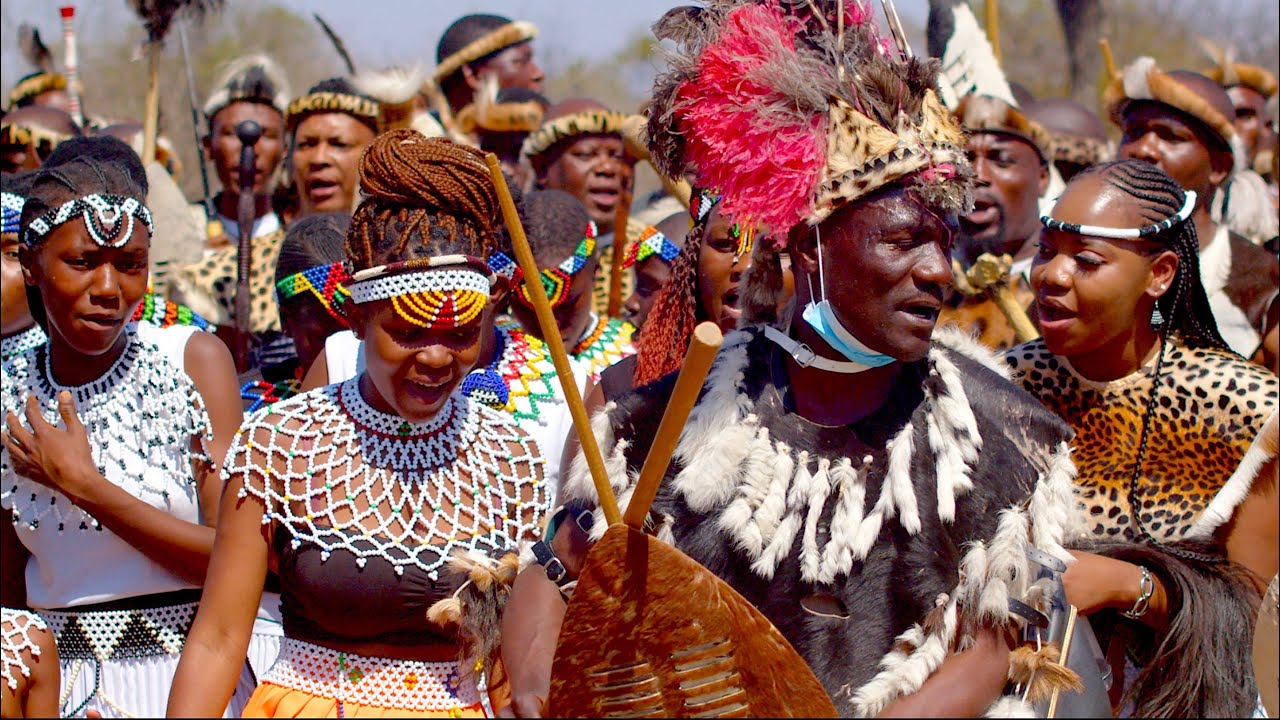

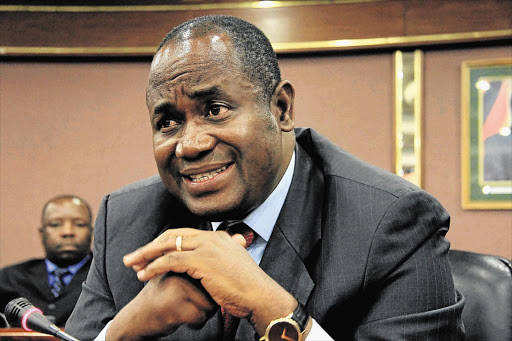
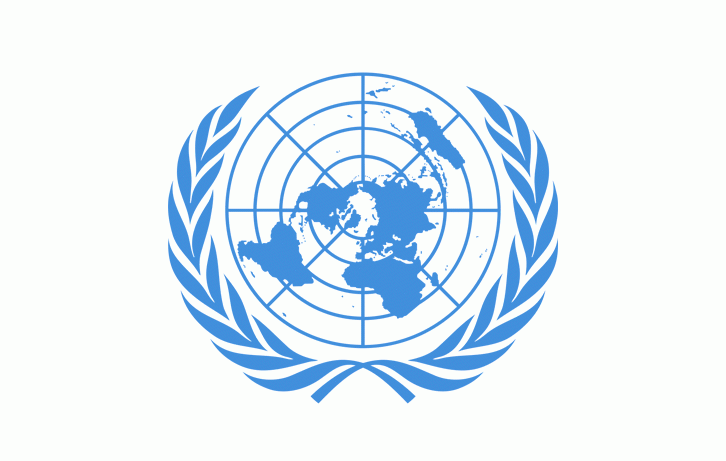
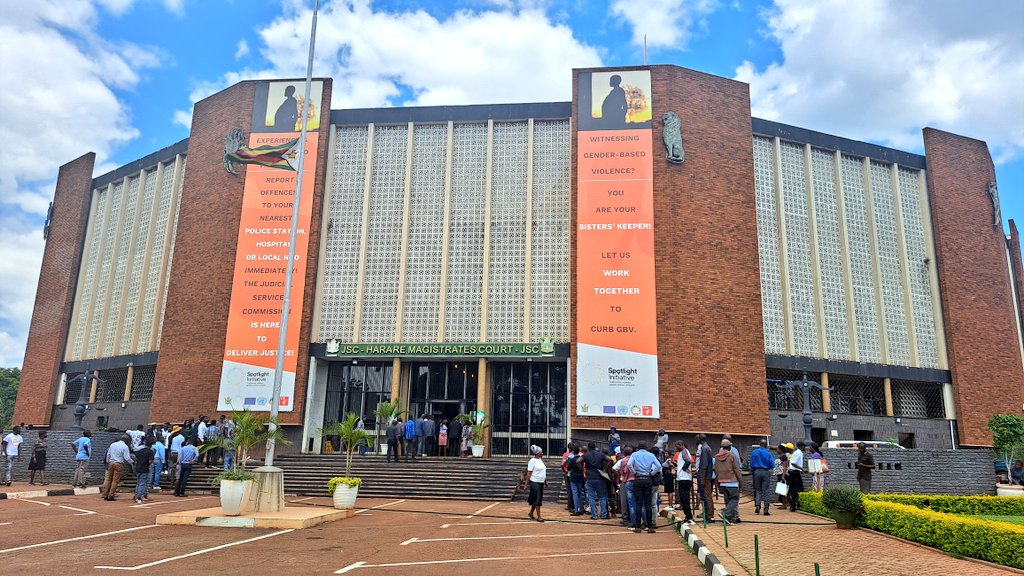
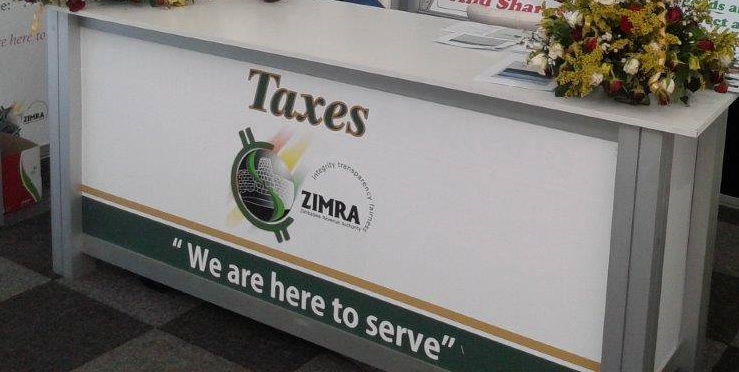
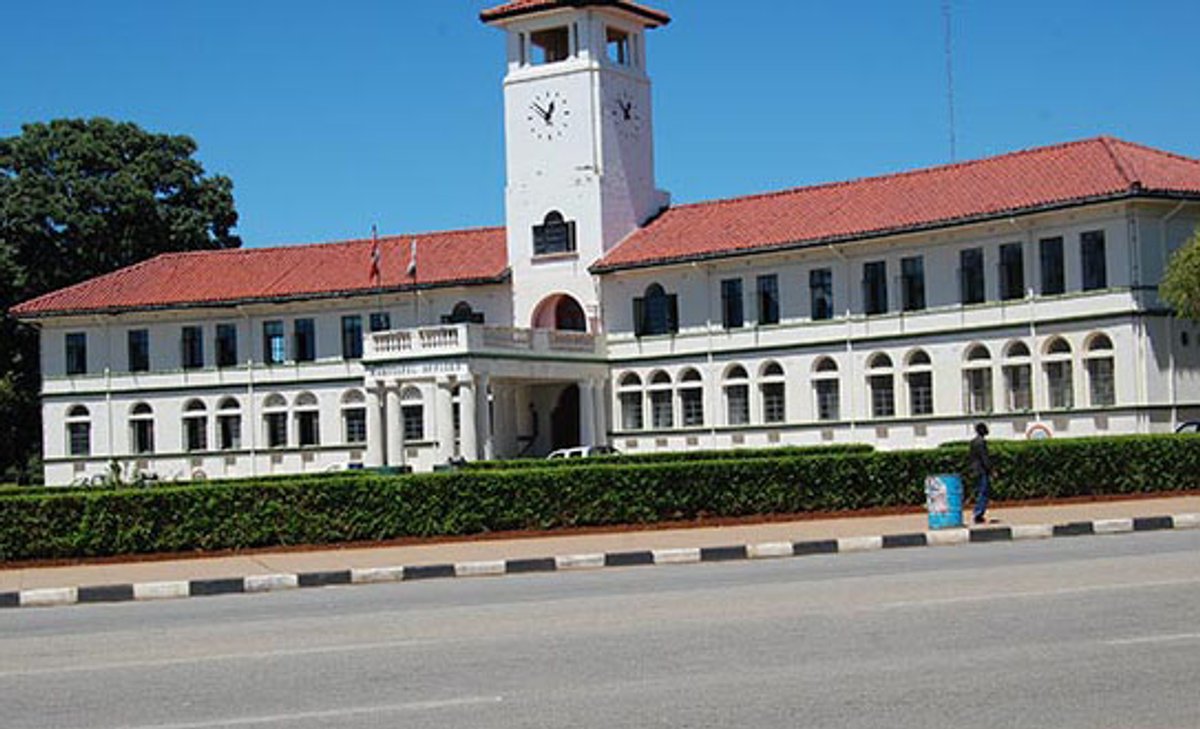
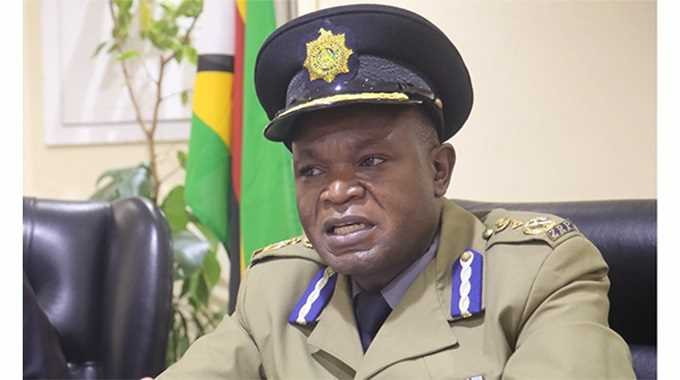

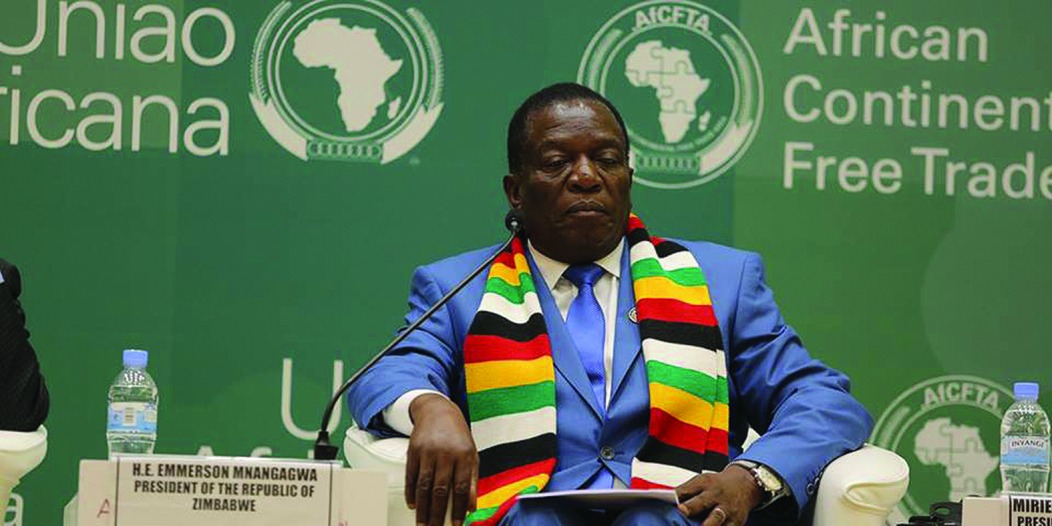
 Young Investment Professional (YIP) Graduate Programme 2019
Young Investment Professional (YIP) Graduate Programme 2019
Editor's Pick